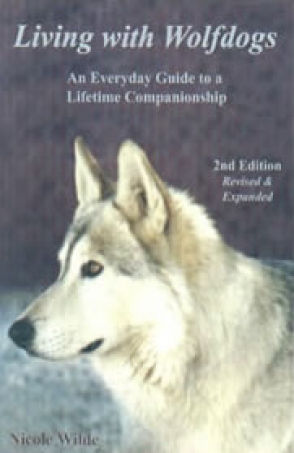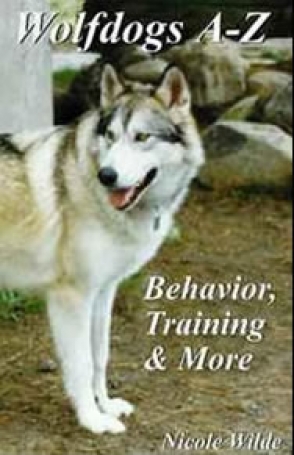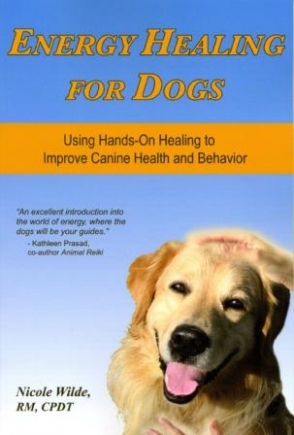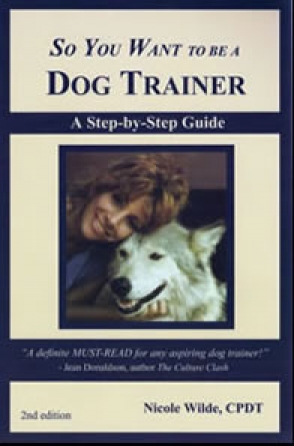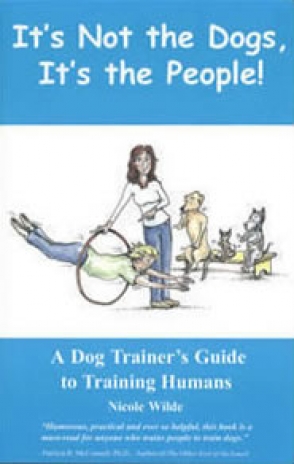Advice, answers, tricks and tips for anyone who shares or is considering sharing their life with these special companions. Packed with photographs.
Protein Requirements in Senior Dogs - You Might be Surprised
As a dog trainer, enthusiast and dog-mom, I try to keep up on the latest developments in canine behavior and health. In fact, I’m a bit of a geek when it comes to researching the latest findings. So imagine my surprise when I learned that what I and so many others had believed about older dogs needing less protein in their diets is untrue.
My own thirteen-year-old dog has been eating Innova Senior dry food for quite some time. I like the brand; it has healthful ingredients, no fillers, and no artificial preservatives. (Disclaimer: I have no affiliation with the company.) What the senior version does have is 18% protein, and from everything I’d read over the years, that seemed appropriate. My “aha!” moment happened while reading an article in The Whole Dog Journal (Dec. 2006, Diet and the Older Dog). The article’s subheading caught my eye: “New research is changing the way the senior dog should be fed.” The author went on to explain that because senior dogs’ systems are less efficient at metabolizing protein, they actually need more protein than previously thought. If they don’t get a high enough level of protein, muscle wasting can occur because the body breaks down the muscle tissue to get what it needs. The fact that I have not been supplying enough protein to keep Mojo’s muscles from wasting is ironic, as we take him for hydrotherapy exercise once a week. Had I kept him on the low-protein food, it would have been working at cross-purposes with the exercise. And he has had quite a bit of muscle wasting over the years. Some of that is natural, but the low protein assuredly didn’t help.
One concern in feeding older dogs a high-protein diet has always been the potential effect on kidney function. It has long been believed that feeding a food with a lower protein content would protect the dog’s aging kidneys by lessening the workload. Recent research, however, proves that the right type of protein does not damage the kidneys, and feeding a lower protein diet does not protect them. In fact, even senior dogs who only had one kidney and were fed a high protein diet outlived seniors who were fed a low protein diet. A similar finding was made regarding long-held concerns about high protein and liver disease. Some doubted the benefits of the low-protein diet for seniors long ago: back in 1994, in an article in Veterinary Forum (September 1994), Dr. Delmar Finco stated that "benefits from a reduced protein diet typical of existing canine geriatric products have never been proven, and the possibility exists that reduced protein diets are not in the best interest of the geriatric patient."
My initial concern in switching Mojo to a higher-protein food was that even with the coming exercise he might gain weight, which would place stress on his already-weakened back end. But my worries were unfounded, as protein and carbohydrates actually supply the same number of calories. Plus diets that are high in carbohydrates contribute to inflammation, which is the last thing an older, arthritic dog needs.
I am currently switching Mojo over to a version of Innova called Senior Plus, which has 24% protein. There are other quality brands available that have higher protein levels for seniors as well. Of course, your vet should be consulted about any potential changes in your dog’s diet, especially if there are pre-existing medical conditions. I am letting my dog training clients with older dogs know about these developments, and Mojo and I are grateful to have found out as well.

